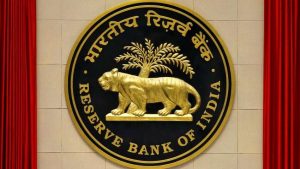Foreign Exchange Management Act (FEMA), 1999:

RBI is planning to rationalise the Guidelines for Export and Import of Goods and Services under the Foreign Exchange Management Act (FEMA), 1999.
- Foreign Exchange Management Act (FEMA), 1999 came into force on June 1, 2000, as a successor to the Foreign Exchange Regulation Act, or FERA, of 1973, with changing economic conditions in a post-liberalisation India.
- The main objective of FEMA is to facilitate external trade and payments and promote the orderly development and maintenance of the foreign exchange market in India.
- FEMA deals with provisions relating to procedures, formalities, dealings, etc. of foreign exchange transactions in India.
- The FEMA regulates various aspects of foreign exchange transactions, including the acquisition and holding of foreign exchange, the payment and settlement of foreign exchange transactions, the export and import of currency, and other related activities.
- The act also empowers the RBI to make rules and regulations to carry out the provisions of the act.
- It also makes the offence related to foreign exchange a civil offence.
- Violations of the provisions of FEMA can result in penalties and fines.
- FEMA’s head office is known as the Enforcement Directorate and is situated in Delhi.
- It envisages that the RBI shall have a controlling role in the management of foreign exchange. Since RBI cannot directly handle foreign exchange transactions, it authorizes “Authorised Persons” to deal in foreign exchange.




